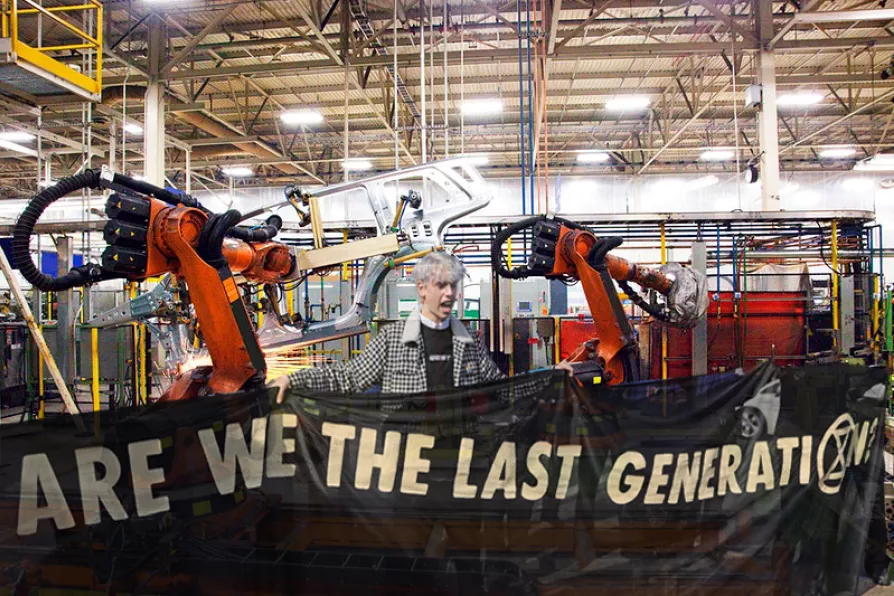Rubio's disturbing speech in Munich exposed the West's brutal plans — more imperialism, more colonialism, more white supremacy, says ROGER McKENZIE

 No techno fix: the ecological repercussions of new online products and consumer markets are downplayed by industry
No techno fix: the ecological repercussions of new online products and consumer markets are downplayed by industry
IN 2019 Raynold Wonder Alorse published “The digital economy’s environmental footprint is threatening the planet” relaying information from his working paper, The Digital Economy and the Green Economy: Compatible Agendas?
Alorse’s work is far from hyperbole as he points to what many ecologists have been saying for years: that there are critical blind spots in the desire to believe that the digital economy is compatible with a green economy. If anything, they are antagonistic to each other.
Not only do our smartphones rely on metals that exploit both the planet and child labourers in various countries, but cloud computing, data centres, cryptocurrencies and artificial intelligence are largely powered by electricity sourced from coal.
Alorse contends that “the digital economy and green economy will be incompatible with each other and could lead to more greenhouse gas emissions, accelerate climate change and pose great threats to humanity,” a claim that many scientists have already proven.

From summit to summit, imperialist companies and governments cut, delay or water down their commitments, warn the Communist Parties of Britain, France, Portugal and Spain and the Workers Party of Belgium in a joint statement on Cop30

One of the major criticisms of China’s breakneck development in recent decades has been the impact on nature — returning after 15 years away, BEN CHACKO assessed whether the government’s recent turn to environmentalism has yielded results

Climate justice and workers’ rights movements are uniting to make the rich pay for our transition to a green economy, writes assistant general secretary of PCS JOHN MOLONEY, ahead of a major demonstration on September 20

DONG XUE explains why US tariffs hold no significant threat to China









